Lebanon opts to default on $1.2bn Eurobond debt
Sat 07 Mar 2020, 23:23:28
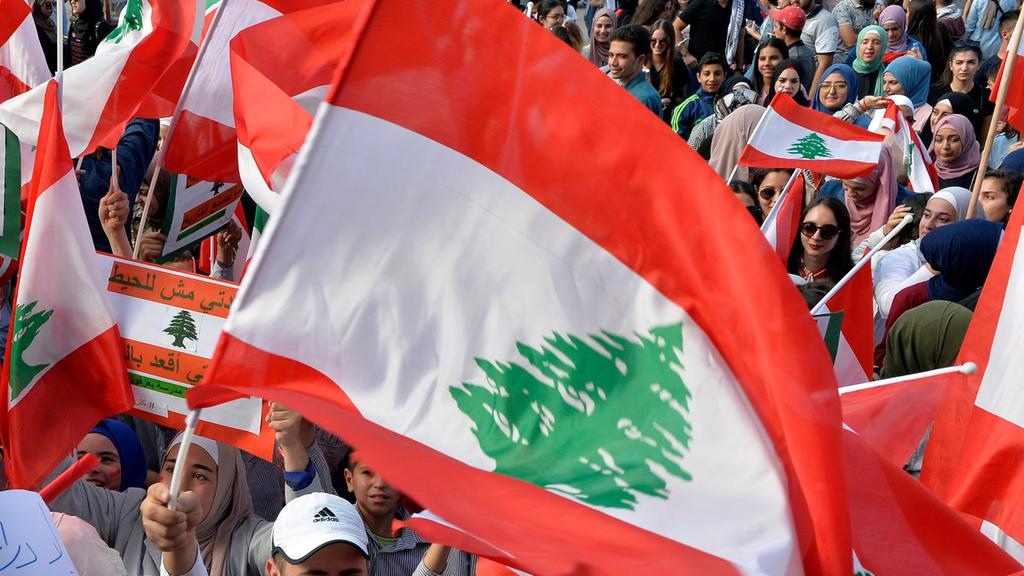
Lebanon decided not to repay a $1.2 billion Eurobond due on Monday, setting the heavily indebted state on course for a sovereign default and restructuring negotiations as it grapples with a major financial crisis.
Foreign currency reserves have fallen to "a worrying and dangerous level which pushes the Lebanese government to suspend payment of the March 9 Eurobond maturity because of a need for these funds," Mr Diab said in an address to the nation following a cabinet meeting on Saturday.
“The decision to suspend payment is the only way to stop the attrition and protect our national interests, while at the same time launching a comprehensive reform programme."
Mr Diab said Lebanon's debt reached $90bn, or 170 per cent of GDP, making it one of the highest in the world. He added that the total debt and interest Lebanon had to pay back in 2020 stood at $4.6bn
He Lebanon's debt was "greater than the country can handle” in the current circumstances and the country would strive to restructure its debt through negotiations with bondholders.
Sovereign debt was estimated at around 155 per cent of GDP at the end of 2019, with about 37 per cent of that in foreign currency.
Mr Diab said Lebanon's foreign currency reserves had "reached a critical stage", leading the government to suspend its debt payment so that it can continue to provide basic commodities to the Lebanese people.
The country's financial crisis came to a head last year as capital inflows slowed and protests erupted over decades of state corruption and bad governance. The import-dependent economy has shed jobs and inflation has risen as the pound has slumped, adding to grievances that have fuelled protests.
Mr Diab said the government would begin an economic reform plan to cut spending, including in the power sector, and seek to restructure the country’s banking sector.
The cabinet earlier heard
presentations by "a number of local and international advisers on the various possibilities of any decision that will be taken and its implications".
presentations by "a number of local and international advisers on the various possibilities of any decision that will be taken and its implications".
Before the cabinet meeting, Mr Diab met with President Michel Aoun and Parliament Speaker Nabih Berri as well as the head of the country's banking association.
"The attendees decided unanimously to stand by the government in any choice it makes in terms of managing the debt, except paying the debt maturities," the presidency said in a statement afterwards.
Prior to the cabinet meeting, Antoine Choucair, the general director of the presidency, said there was little support for the repayment of the debt.
"Based on the available options, conferees at the financial and economic meeting decided to support the government in whatever option it adopts, except for the payment of the debt maturities," the NNA quoted Mr Choucair as saying.
Mr Berri had also said last week that most MPs opposed paying.
Lebanon has $31bn of foreign currency debt, the bulk of which is held by Lebanese financial institutions.
The $1.2bn Eurobond – about 30 per cent of which is with foreign creditors – will be followed by another $700 million of obligations due in April and then $600m in June.
Lebanon has never before defaulted on its debt payments. The Association of Banks of Lebanon had urged the government to honour its commitments, not wanting to further erode investor confidence.
Last month, S&P Global and Moody's Investors Service downgraded its debt deeper into junk territory.
Lebanon is experiencing its worst economic crisis since the end of a 15-year civil war in 1990, which gave rise to an unprecedented wave of public protests.
Lebanon's state prosecutor suspended an order on Thursday to freeze the assets of 20 local banks, warning it would plunge the country and its financial sector into chaos.
No Comments For This Post, Be first to write a Comment.
Most viewed from International
Most viewed from World
AIMIM News
Latest Urdu News
Most Viewed
May 26, 2020
Should there be an India-Pakistan cricket match or not?
Latest Videos View All
Like Us
Home
About Us
Advertise With Us
All Polls
Epaper Archives
Privacy Policy
Contact Us
Download Etemaad App
© 2026 Etemaad Daily News, All Rights Reserved.

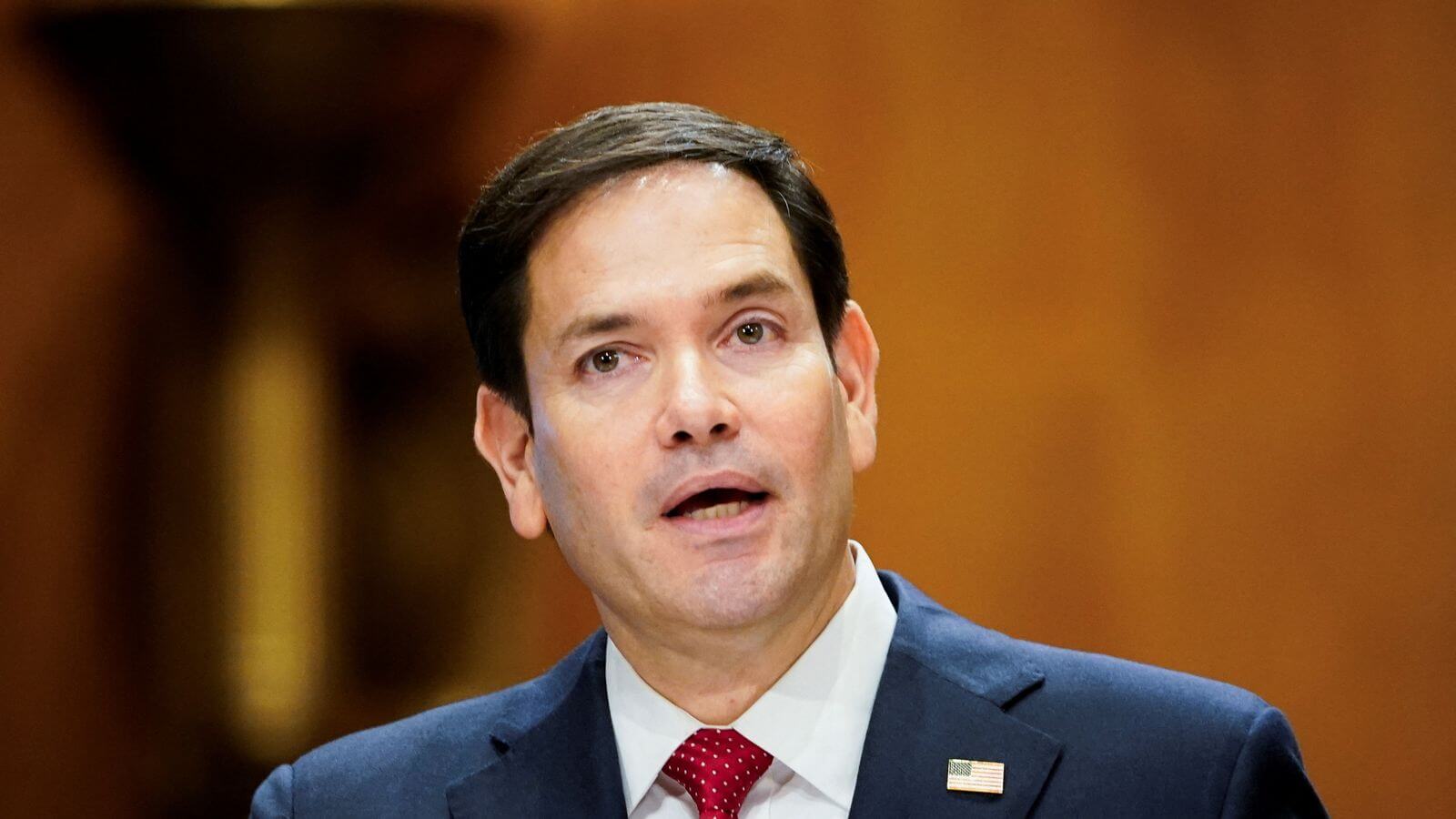

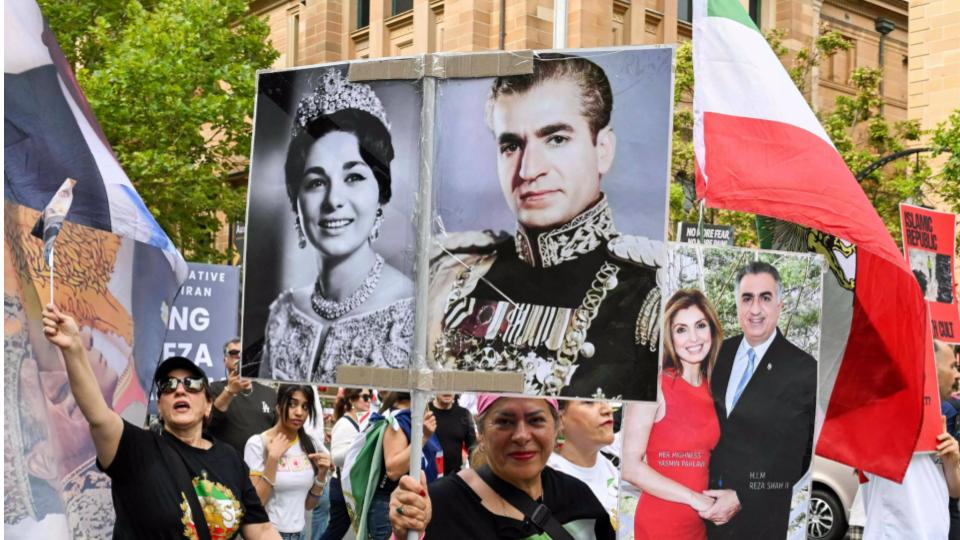
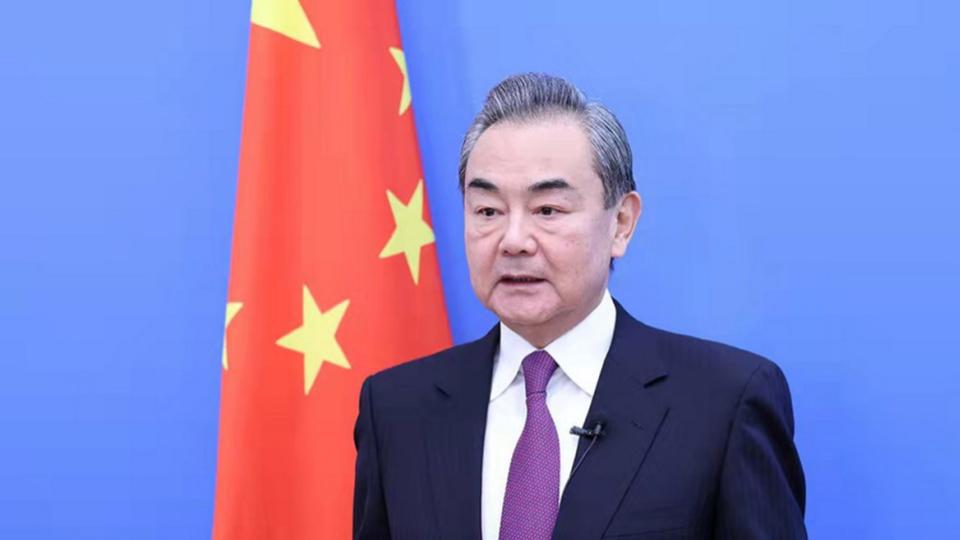

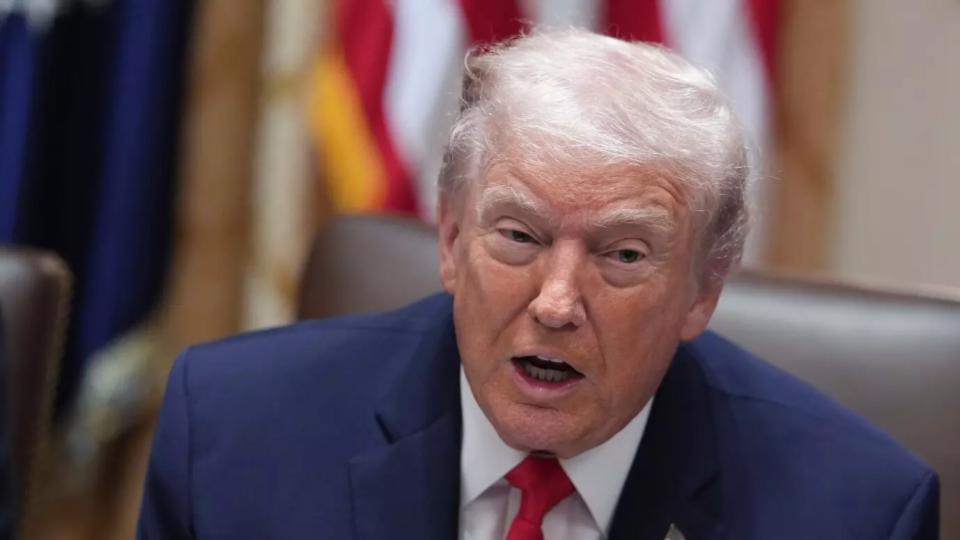
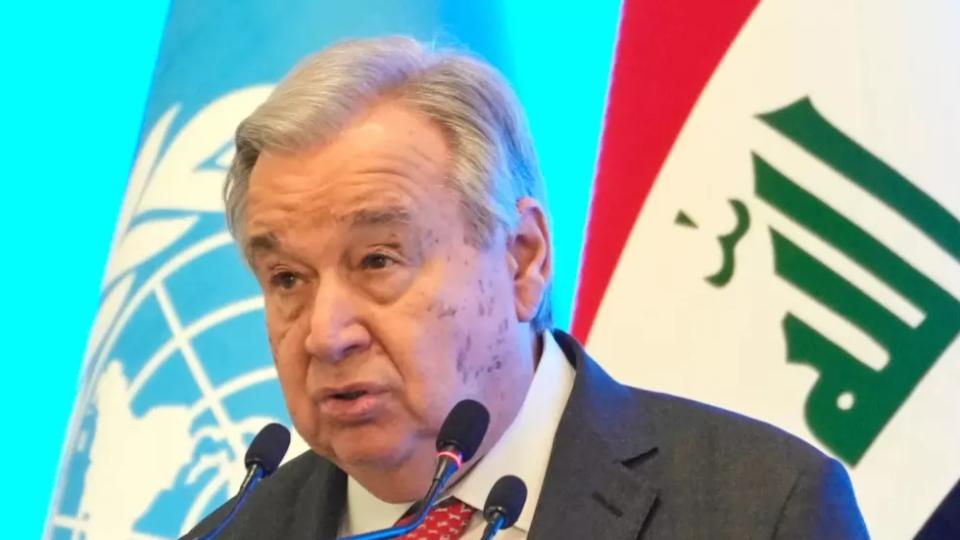
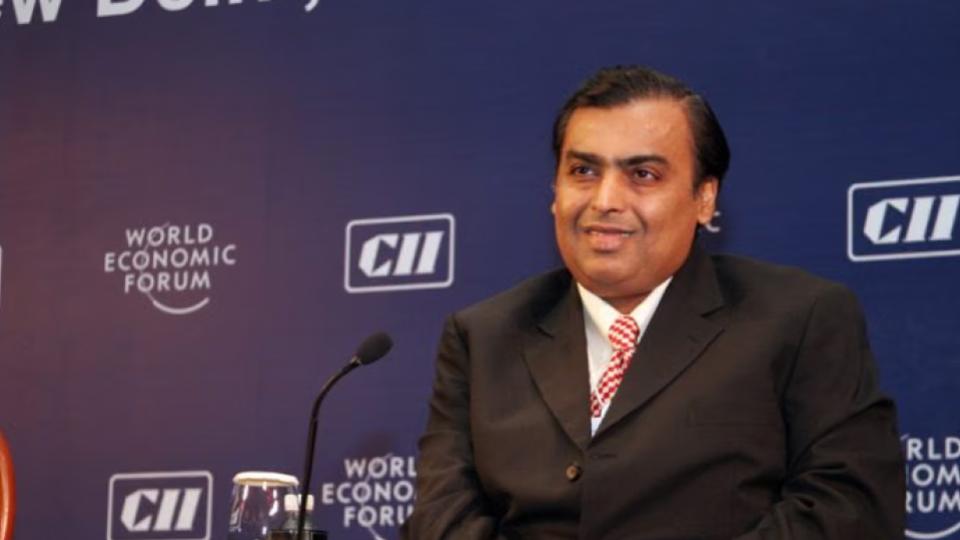
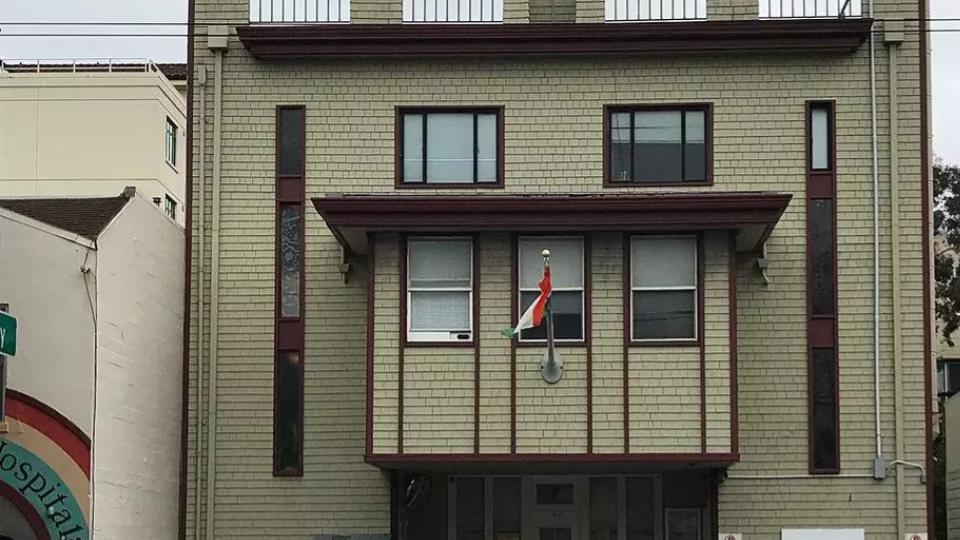

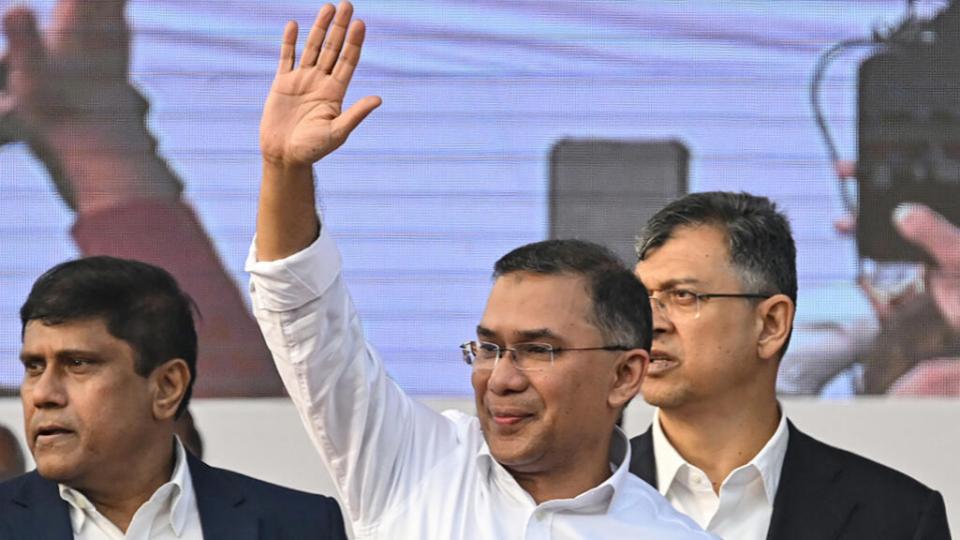
.jpg)
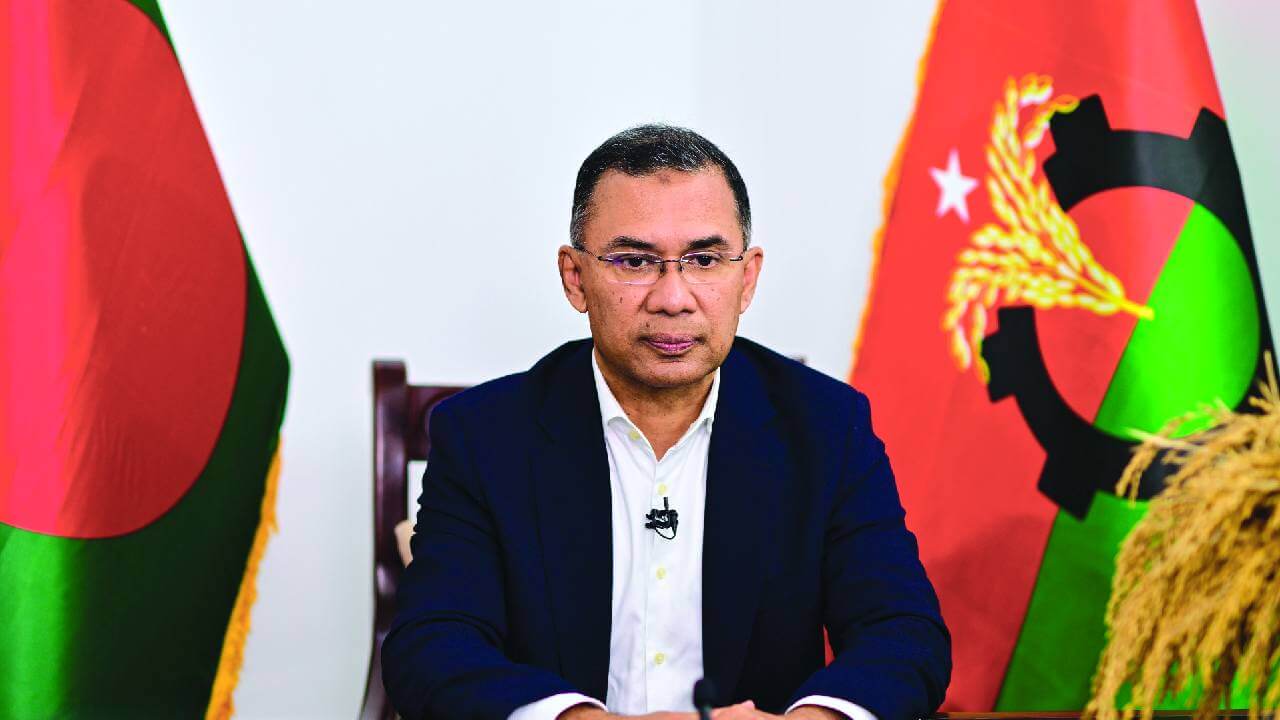

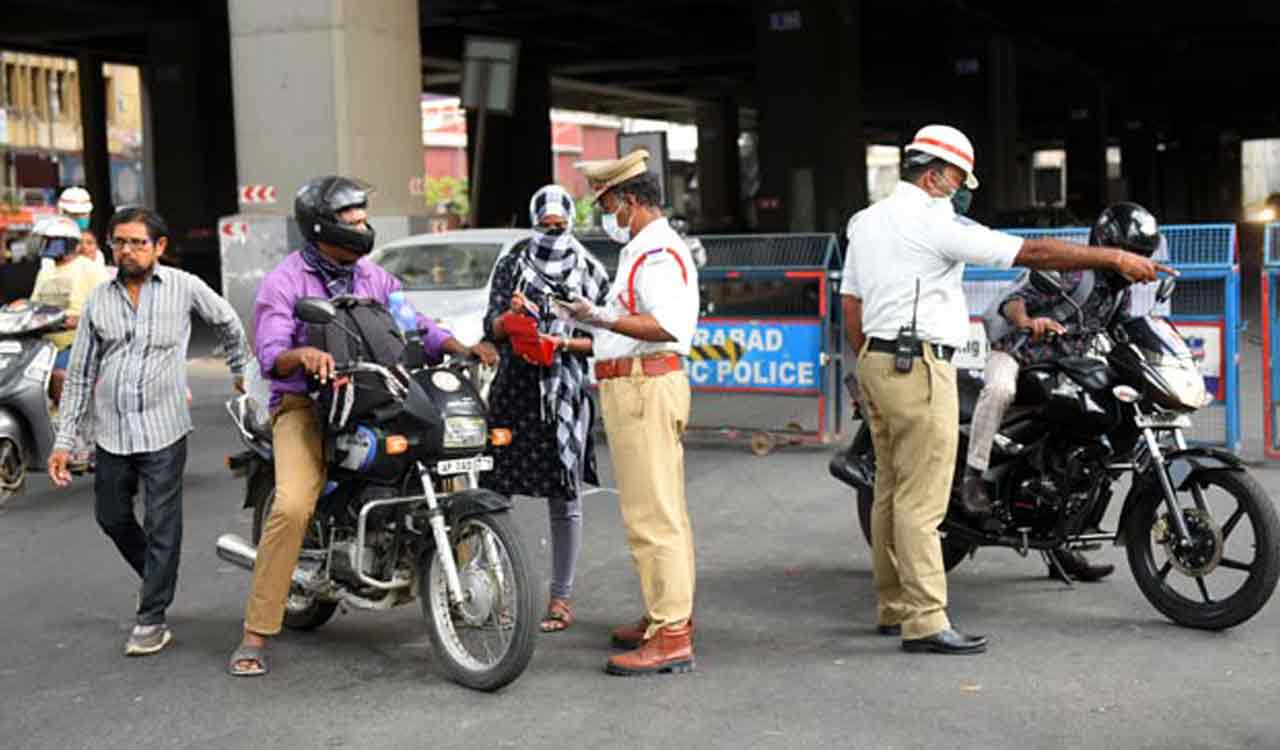
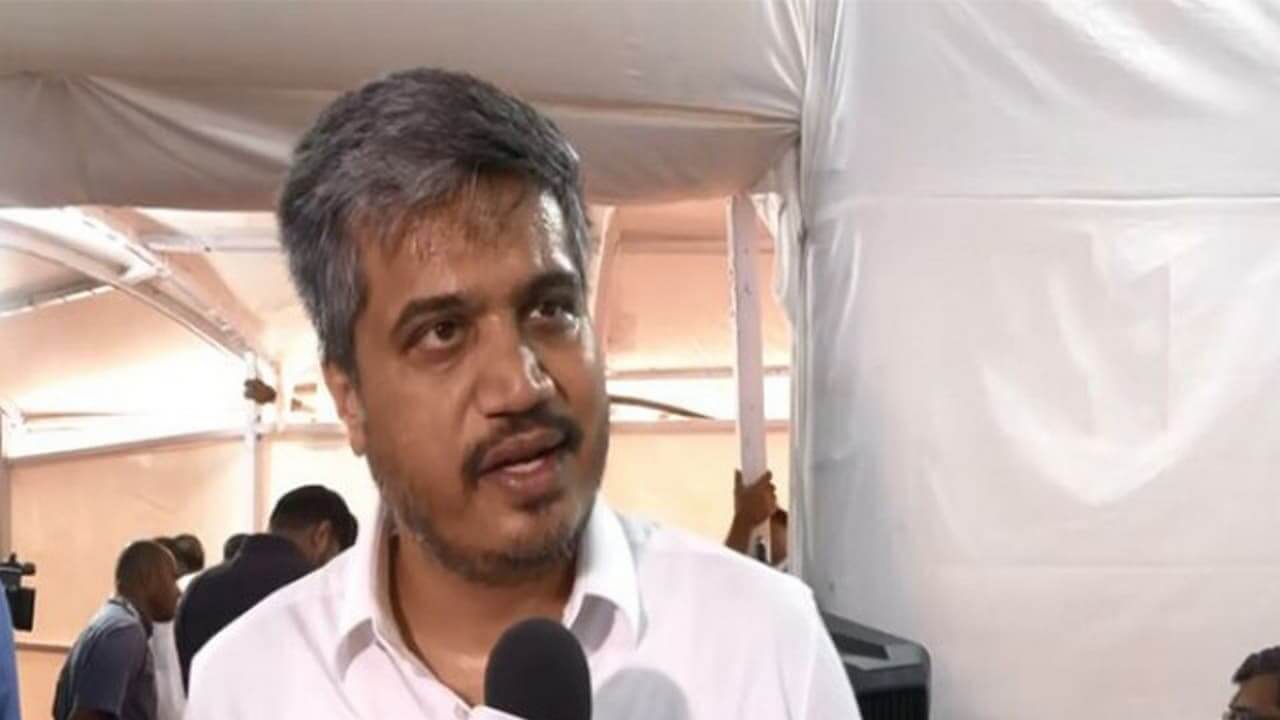
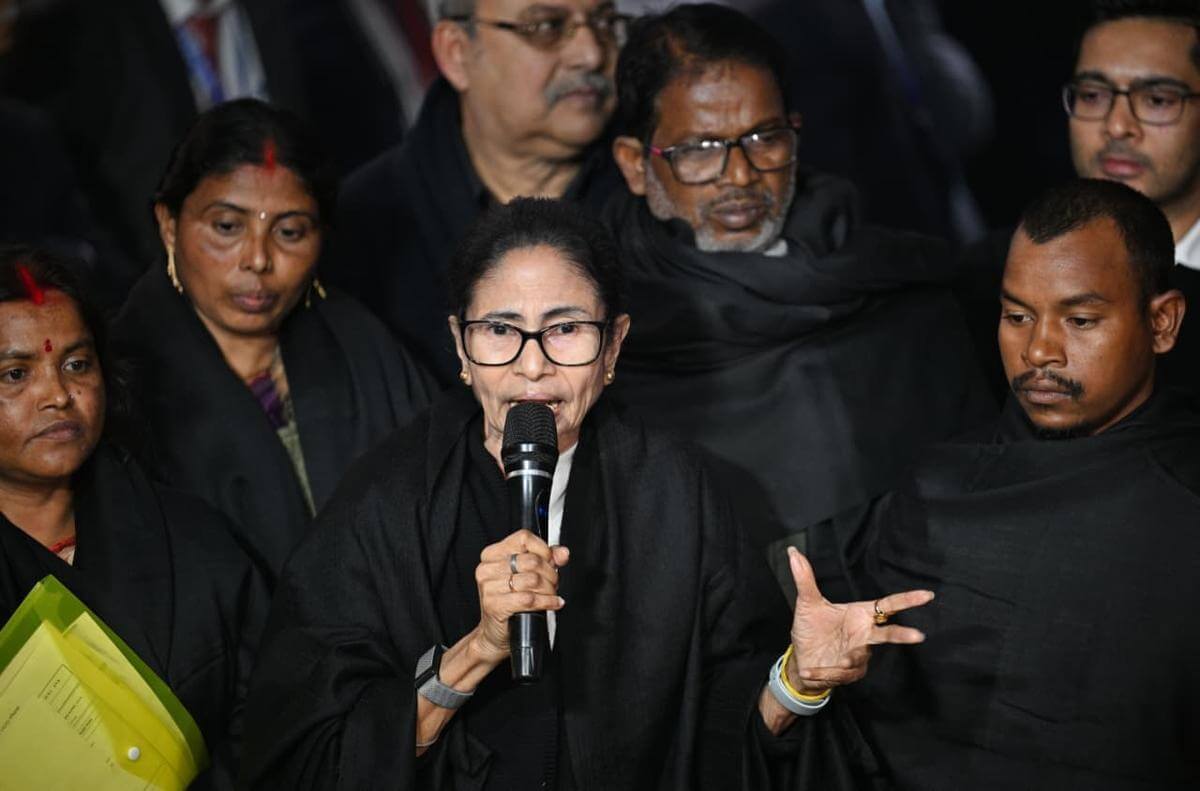


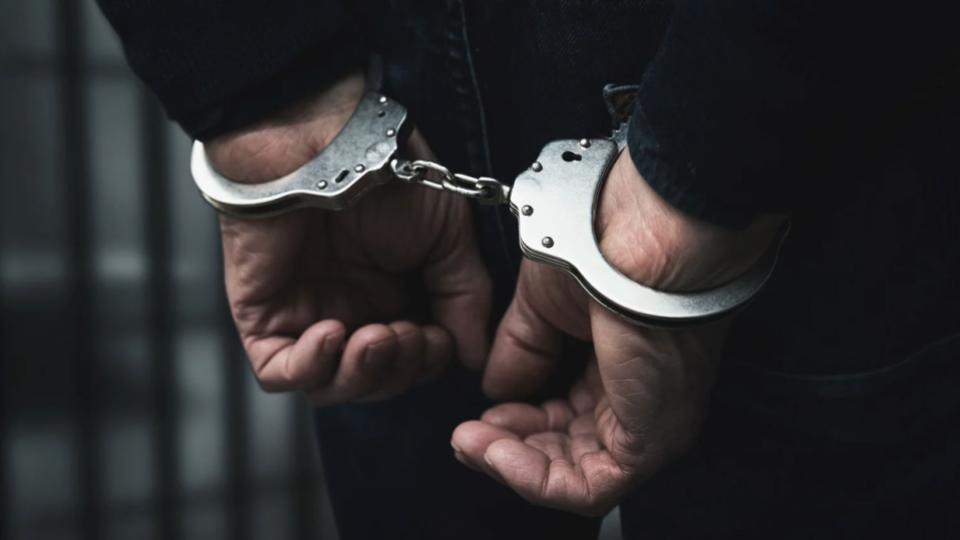

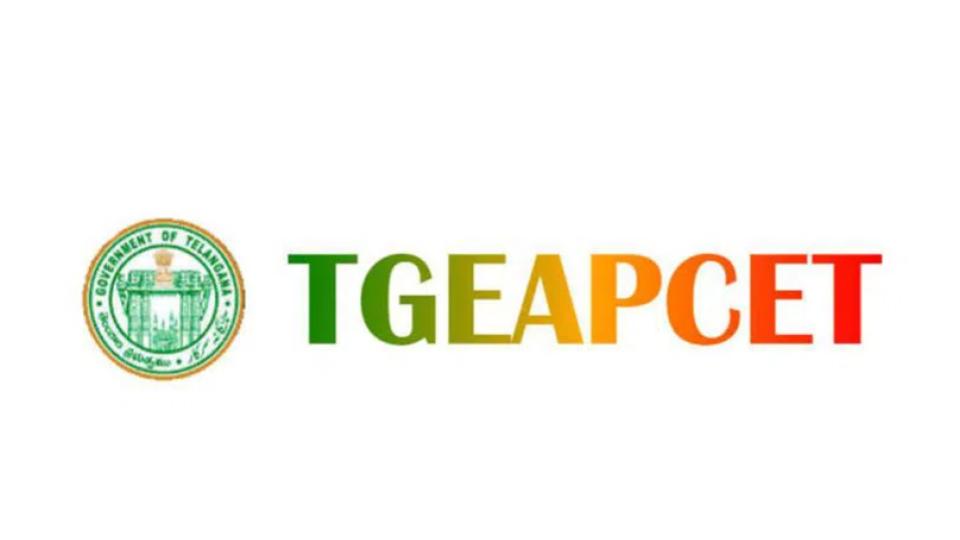

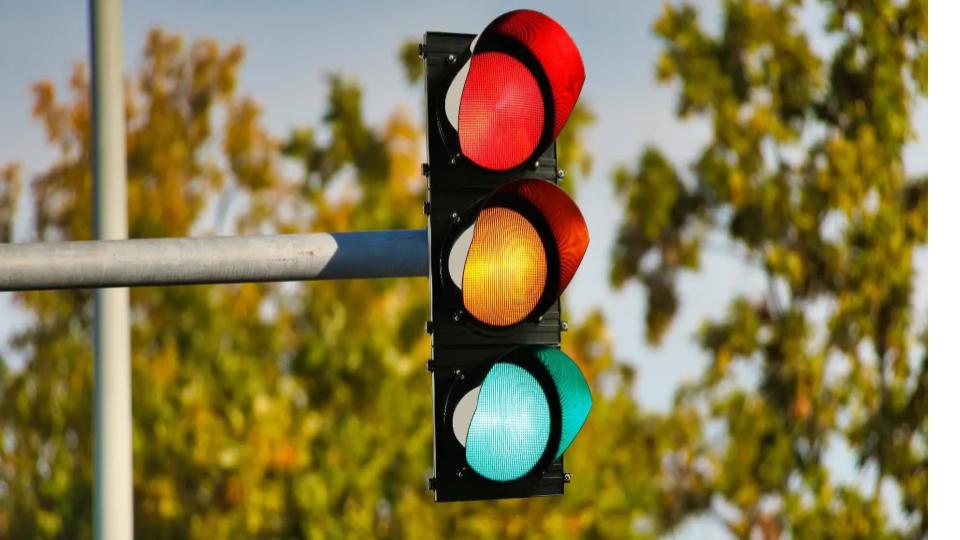












.jpg)
.jpg)
.jpg)


